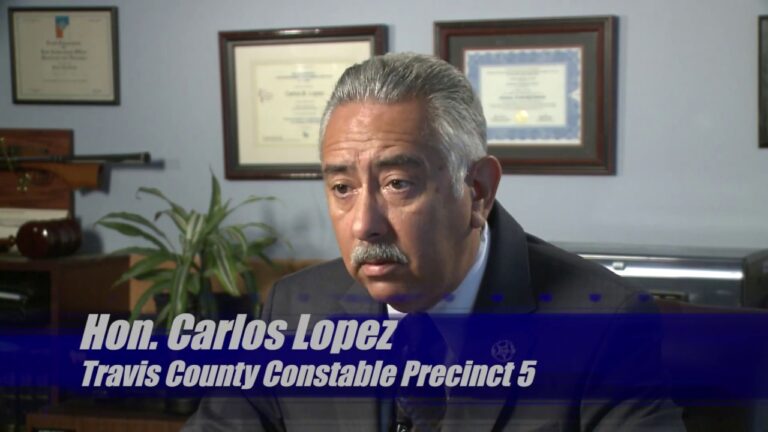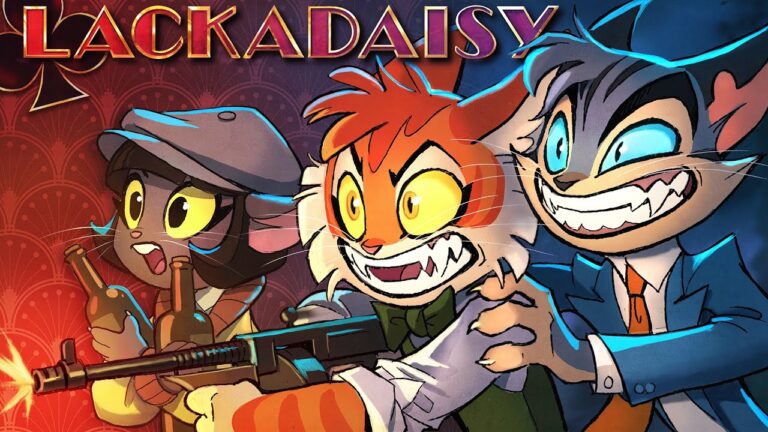Unleash Your Creativity: Explore the World of Songwriting and Earn Big!

Songwriter Job Description Template
Songwriters are creative professionals who specialize in writing lyrics and composing music for songs. They play a crucial role in the music industry as their work forms the foundation of a song. A songwriter’s main responsibility is to create original and engaging lyrics that convey a particular message or story. They work closely with musicians, producers, and artists to develop melodies that complement the lyrics and evoke the desired emotions. Innovation is an important trait for a songwriter as they need to continuously come up with fresh ideas and unique compositions. They need to stay updated with current music trends and be able to adapt their style to different genres and target audiences. Songwriters should also possess a keen sense of storytelling as they are responsible for crafting narratives through their lyrics. In addition to their creative skills, songwriters must also have a good understanding of music theory and composition techniques. They should be proficient in playing at least one musical instrument, such as piano or guitar, to help them in the songwriting process. Collaboration and communication skills are also crucial as songwriters often work in teams and need to effectively convey their ideas to others involved in the song production. Overall, being a songwriter requires a combination of artistic talent, technical knowledge, and a deep understanding of the power of music. They have the ability to create timeless pieces that resonate with audiences and have a lasting impact.Songwriter Responsibilities
Songwriter Requirements
How Much Does A Songwriter Make?
Songwriter Salary
| Position | Salary Range |
|---|---|
| Songwriter | $25,000 – $200,000 per year |
| Professional Songwriter | $50,000 – $500,000 per year |
| Successful Songwriter | $100,000 – $1,000,000+ per year |
A songwriter’s salary can vary greatly depending on their level of experience, success, and involvement in the music industry. Entry-level songwriters may start with a modest salary, typically ranging from $25,000 to $50,000 per year. As they gain more experience and recognition, their earnings can increase significantly.
Professional songwriters, who have established themselves within the industry, can earn between $50,000 and $500,000 annually. These individuals often work with well-known artists and receive royalties from their songs.
For highly successful songwriters, who have written hit songs and achieved widespread fame, salaries can reach extraordinary levels. These individuals can earn anywhere from $100,000 to over $1,000,000 per year, thanks to their songwriting royalties, publishing deals, and other revenue streams.
It’s important to note that these salary ranges are approximate and can vary depending on various factors, including the songwriter’s level of talent, market demand, and negotiation skills. Additionally, songwriters often earn additional income from live performances, merchandise sales, and other music-related ventures.
Songwriter Salaries by Country
Top Paying Countries for Songwriters
| Country | Average Salary (USD) |
|---|---|
| United States | 100,000 |
| United Kingdom | 80,000 |
| Canada | 70,000 |
| Australia | 65,000 |
| Germany | 60,000 |
In the music industry, songwriters play a crucial role in creating the lyrics and melodies that shape our favorite songs. While songwriting can be a rewarding career, the salaries of songwriters can vary depending on the country they work in. According to recent data, the top paying countries for songwriters are the United States, United Kingdom, Canada, Australia, and Germany. In the United States, songwriters earn an average annual salary of $100,000, making it the highest paying country for songwriters. The United Kingdom follows closely behind with an average salary of $80,000. Canada, Australia, and Germany also offer competitive salaries for songwriters, ranging from $60,000 to $70,000. These countries provide favorable environments for songwriters to thrive and be fairly compensated for their creative contributions.
A video on the topic Songwriter
Video Source : tan feelzInterview Questions for Songwriter
1. How did you first get started as a songwriter?
I have always had a passion for music, so I started writing songs at a young age. It began as a hobby, but eventually, I realized that I wanted to pursue it professionally.
2. What inspires you to write songs?
I find inspiration in various aspects of life, such as personal experiences, relationships, and even current events. I believe that every emotion and situation can be transformed into a song.
3. Can you describe your songwriting process?
My songwriting process often starts with a melody or a specific chord progression that catches my attention. From there, I usually build the lyrics around the music while keeping a strong focus on storytelling and emotions.
4. How do you overcome writer’s block?
When I experience writer’s block, I try not to force the process. I take breaks, explore new music genres, or even collaborate with other songwriters. Sometimes, a change of scenery or a new perspective helps to break through the block.
5. Do you have a preferred genre or style of music for songwriting?
I don’t limit myself to a specific genre or style. I believe that great songs can be written in any genre. However, I personally gravitate towards pop, rock, and folk music.
6. How important do you think lyrics are in a song?
Lyrics are incredibly important in a song as they convey the message and emotions to the listeners. Well-crafted lyrics can create a deep connection with the audience and make a song memorable.
7. Have you ever written a song that had a significant impact on your life?
Yes, there have been songs that I’ve written which reflected important moments or emotions in my life. They served as a way for me to express myself and also provided a sense of catharsis.
8. What advice would you give to aspiring songwriters?
My advice would be to write as much as possible and not be discouraged by criticism. Embrace your unique voice and style, and don’t be afraid to experiment. Also, surround yourself with other musicians and songwriters who can provide support and inspiration.
9. Do you prefer writing songs alone or collaborating with others?
I enjoy both writing songs alone and collaborating with others. Writing alone allows me to explore my personal thoughts and emotions, while collaborating brings fresh ideas and perspectives to the table.
10. How do you know when a song is finished?
Knowing when a song is finished can be subjective, but for me, it’s when all the elements come together harmoniously, and the message feels complete. It’s a feeling of satisfaction and knowing that the song has reached its full potential.






